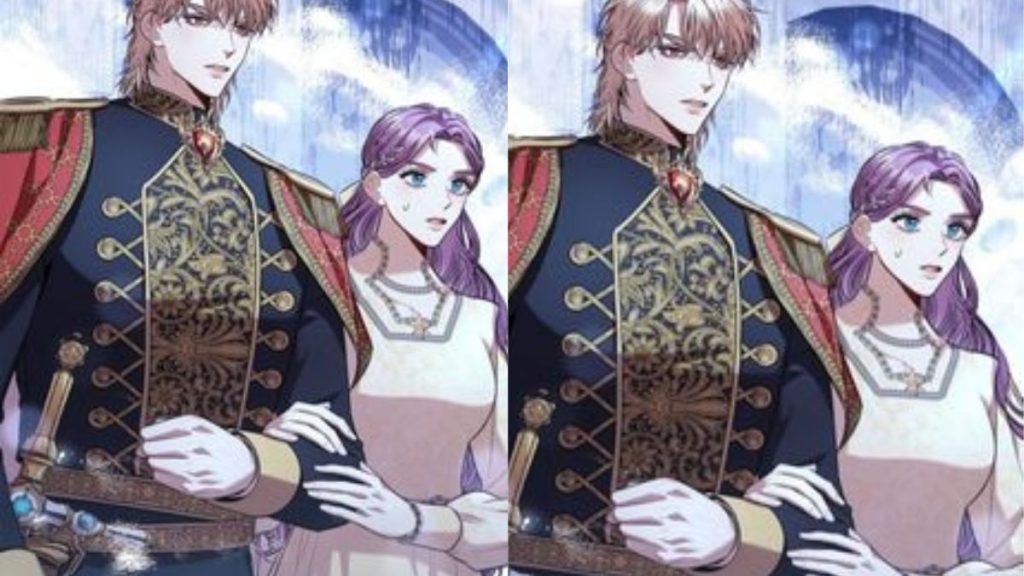The “our tyrant became young spoiler” is a fascinating literary device that occurs when an adult ruler suddenly becomes a child prodigy. For decades, this plot twist has wowed viewers by bringing their favorite fictional characters on a surprising and life-altering adventure. In this article, we’ll investigate this fascinating cliché in detail, looking at where it came from, how it changed stories, and why it still fascinates authors and viewers.
The Genesis of the Tyrant’s Transformation
Gods and goddesses often played with the destinies of mortals in ancient mythology, and here is where the first instance of a tyrant becoming young may be found. This trope frequently mirrors human yearnings for immortal youth and power.
The Art of Subverting Expectations
The capacity of the “our tyrant became young spoiler” plot twist to surprise its audience is a big part of why it has stood the test of time. It takes an antagonist and makes them a sympathetic figure for the reader. This shift works to enrich the story in unexpected ways.
Iconic Examples
1. Dorian Gray – The Picture of Dorian Gray by Oscar Wilde
Dorian Gray is a conceited and self-centered young man at the beginning of this famous story. His true personality is shown as he gives in to a life of excess, and he is eventually transformed into a dictator. The surprising reveal, however, is that he actually tries to destroy the image, so sealing his fate.
2. Darth Vader – Star Wars
The character of Darth Vader, previously Anakin Skywalker, exemplifies the stereotype of the young tyrant. Audiences are moved by his fall from grace, his transition as a Sith Lord, and his eventual redemption by his son, Luke Skywalker.
The Psychological Impact
As a literary device, the “our tyrant became young spoiler” cliche explores the inner workings of transformation and second chances. There’s a gleam of optimism that even the most wicked characters can make up for their wrongdoing.
Writing Techniques
1. Foreshadowing
Authors frequently use foreshadowing to pull off this type of story twist. Subtle hints are scattered throughout the narrative, building up the reader’s expectation for the big reveal.
2. Character Development
Building a character’s history and understanding their goals is essential. The author must provide the reader insight into the character’s motivations and the circumstances that lead them down the path of tyranny.
Conclusion
The “our tyrant became young spoiler” plot device has been used successfully in many stories for decades. Its propensity to make us rethink our ideas about characters, atonement, and the human condition makes it a classic storytelling technique. If you come across a narrative with this twist in the future, just keep in mind that even the most heinous of villains can eventually see the light.
FAQs
1. What are some other examples of the “tyrant became young” trope?
Severus Snape from the Harry Potter books and Michael Corleone from The Godfather are two such examples.
2. Does the “tyrant became young” trope always result in a happy ending?
Certainly not! Some of the characters may be redeemed and get a happy ending, while others may suffer sad ends. The story’s tone and the author’s goals determine the answer.
3. Why do readers find the transformation of tyrants so compelling?
Readers are intrigued by the unexpected twists and the examination of human potential for growth. Seeing a redeemed character on screen can be extremely rewarding.
4. How can writers effectively build anticipation for the twist?
Writers can keep readers interested and curious about the change by use foreshadowing, symbolism, and subtle hints.
5. Are there variations of this trope in different cultures?
The origins of this cliché can be found in the mythology and folklore of many different nations, hence the answer is yes. This diversity enriches the art of storytelling across cultures.







